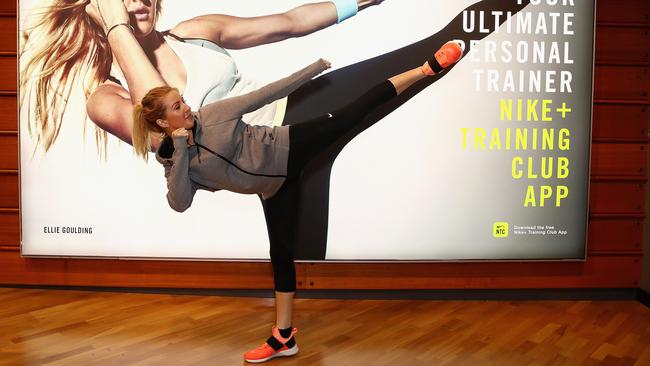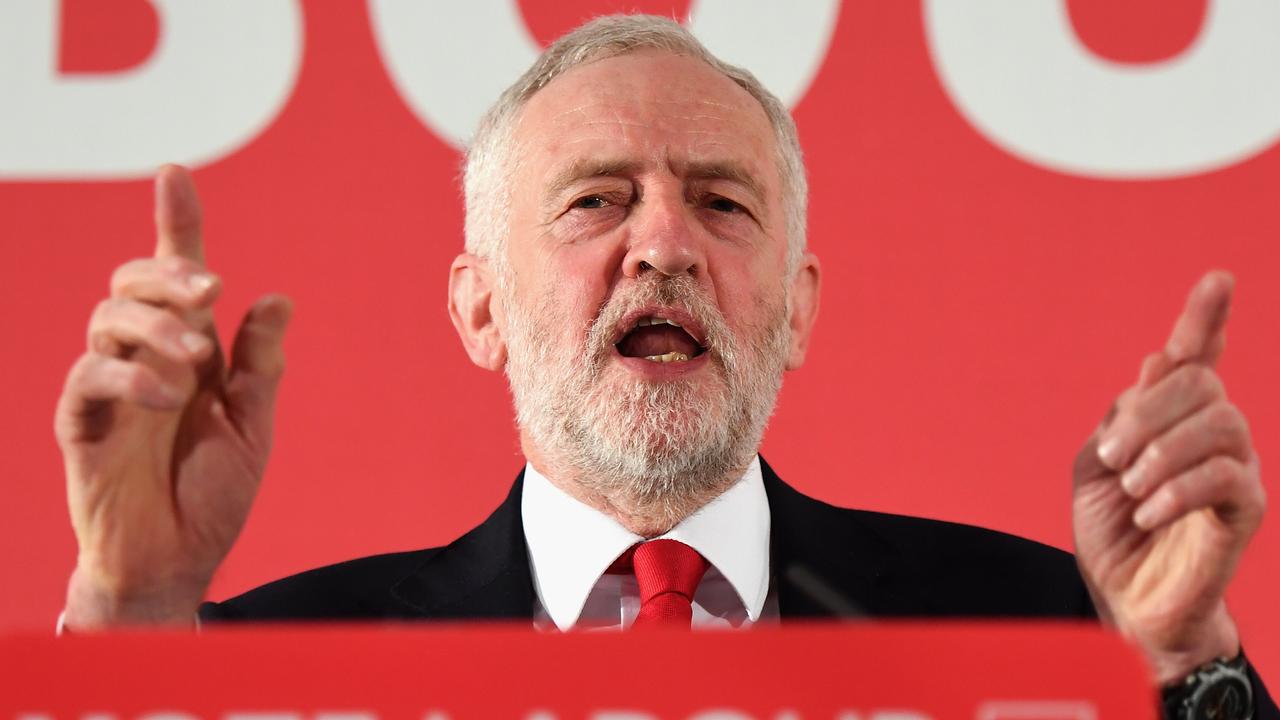UK election 2017: Britain votes for chaos as youth tsunani swamps Tories
A record surge in late registrations by younger British voters delivered a massive boost to the Labour Party.

A record surge in late registrations by younger voters delivered a massive boost to Labour’s left-wing leader Jeremy Corbyn, who won over liberal young people through a savvy social media campaign and a promise to scrap university tuition fees.
As Mr Corbyn campaigned alongside rappers and earned a steady stream of celebrity endorsements, more than 620,000 voters added their names to the electoral roll in the 24 hours before registrations closed — and about two-thirds of them were aged between 18 and 34.
In total, an extra one million voters joined the British electoral roll ahead of the election, a 10 per cent increase compared with the 2015 poll. Labour has traditionally attracted greater support than the Conservatives among younger voters, but the party’s challenge has always been to encourage this demographic to register to vote and then to turn up on polling day.
GRAPHIC — The state of the nation
Historically, the turnout of older voters in Britain is far higher than in younger generations. But Sky News said the turnout for 18-24-year-olds was 66.4 per cent, a big increase on the 43 per cent turnout in the 2015 election.
These voters appear to have rallied behind Mr Corbyn after their disappointment at the Conservatives’ win in 2015 and the shock of last year’s Brexit referendum.
In the EU referendum, 18-24-year-olds voted Remain by a margin of 73 per cent to 27 per cent. Among 25-34-year-olds it was 62 per cent to 38 per cent. In an editorial two days ago, The Independentpredicted that young voters might this time be able to decide the outcome of the election.
“For all their active engagement and skill at using and mobilising social media, for example, they have proved, frankly, incompetent at influencing policy,” the website said. “This has yielded predictable results: government policies aimed at protecting pensioners’ incomes and wealth, and innovations such as ever-higher tuition fees and housing costs that have contributed so much to intergenerational unfairness.
“Should the children and grandchildren of the older generation now come out in droves to vote Labour, then it will be greatly to the benefit of Jeremy Corbyn’s chances of getting to No 10, or at least of depriving Theresa May of anything like the sort of majority she must be hoping for.”
During the campaign, Mr Corbyn — or Jezza as he became known — proved adept at tapping into an anti-establishment mood among many voters, particularly using social media networks.
Popstar Ellie Goulding implored her fans to vote Labour and posted a photograph of herself in a revealing top. Others to endorse Mr Corbyn included singer Lily Allen, comedian Ricky Gervais and rapper Professor Green.
Mr Corbyn’s campaign was also greatly boosted by Momentum, a left-wing network that used social media to encourage young voters to back Labour. Momentum, which has 24,000 members, developed digital tools — including peer-to-peer texting and irreverent memes — similar to those used last year in Bernie Sanders’s campaign in the US Democratic race for the presidential election.
Joseph Todd, one of only seven employees of Momentum, which relies heavily on volunteers, told The Times that the organisation welcomed people of all ages but appealed particularly to voters in their 20s and 30s.



To join the conversation, please log in. Don't have an account? Register
Join the conversation, you are commenting as Logout